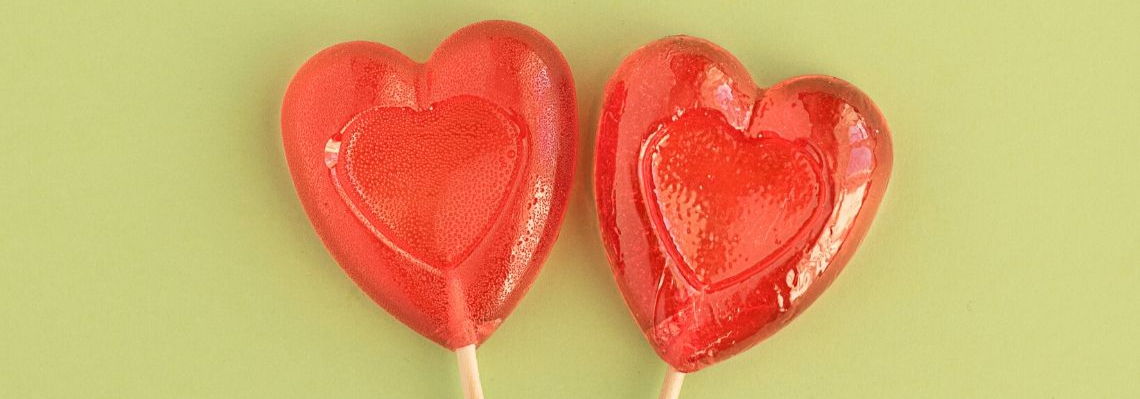
We are all sexual beings, and the way we think and feel about sex, as well as the different things we do to get sexual pleasure is important to most people.
Does sex matter? We say it matters a lot. Sexual expression is more than pleasure; it’s about the need for meaningful intimacy and connection.
Who the guide is for:
Social care managers, social workers, healthcare professionals, care staff, support workers, disabled people…everyone really!
What is sexual expression?
We are all sexual beings, and the way we think and feel about sex, as well as the different things we do to get sexual pleasure is important to most people.
Does sex matter? We say it matters a lot. Sexual expression is more than pleasure; it’s about the need for meaningful intimacy and connection. Influential psychologist Abraham Maslow showed there are five levels of human need; after the basics of water, food and sleep they are safety, connection, self worth and autonomy. Being close to someone sexually is intimately tied-up with the highest three.
And it’s not just about intimacy – the biological effects of sensuality and orgasm are strong. Research into the effects of sex on our mental and physical health has been going on for decades. Here is a round-up of what we know:
Live longer:
For men, sex may increase your life expectancy – you don’t get much more important than that! [1]
Women’s Health – easier periods, easier menopause and reduced risk of breast cancer:
Scientists found that women exposed to male sweat were calmer and more relaxed [2] . It also changed their hormone levels, making their periods more regular and manageable. How can this be? “Busy hunter-gather cavemen and cavewomen may have had limited time to enjoy each other’s company. A cavewoman’s reproductive system may have evolved to be ready for her beau by shifting hormonal levels in response to his scent.” says science journal, Nature. Another study found sex reduces hot flushes during menopause [3], and if all that were not enough, French scientists [4] found that women who have hardly any or no sex had three times the risk of breast cancer.
Men’s Health – reduced risk of prostate cancer, heart disease and stroke for men:
According to some studies [5], regular ejaculation clears out cancer-causing substances called carcinogens lodged in the prostate gland, making it less likely to become cancerous. Having sex also reduces the risk of stroke and coronary heart disease in men. Sex once a month or fewer increases the chances of suffering from these diseases by 45 percent. [6]
Better mental health:
Sex has positive mental health associations for everyone. One study found that merely thinking about a past sexual encounter [7] can enhance your thinking skills. A study on our rodent cousins [8] found that sexual activity caused the brain to grow where memory is stored…raising hopes that sex might help push back against dementia.
Lack of sex can cause feelings of depression and low self-worth [9]. It should come as no surprise to learn [10] that orgasm reduces blood pressure and reduce overall stress levels. And there is more! In 2017 Oregon State University found [11] that employees who had sex the night before reported more positive moods, and that led to better motivation and job satisfaction throughout the day. They said: ‘Making a more intentional effort to maintain a healthy sex life should be considered an issue of human sustainability, and as a result, a potential career advantage’.
Boosts your immunity and wards off colds:
People who have sex a few times a week have higher levels of an antibody (IgA)[12] that helps fight infections and the common cold.
Pain relief:
Being sensual releases hormones that can reduce pain. Oxytocin, the “love hormone” reduces stress and promotes feelings of calm and wellbeing. Sex also releases serotonin, endorphins, and phenyl ethylamine – hormones that release feelings of euphoria and contentment, and make pain subside. Other studies have shown being sensual can stop migraines and reduce the pain of rheumatoid arthritis.
So – live longer, with less pain, have better mental health, more wellbeing, less disease and develop your full potential as a human being; we say it is time to recognise the importance of, and the right to, healthy sexual expression
References:
[1] The Health Benefits of Sexual Expression, Planned Parenthood 2007
[2] Preti, G. et al. Male axillary extracts contain pheromones that affect pulsatile secretion of luteinizing hormone and mood in women
recipients. Biology of Reproduction, 68, 2107 – 2103, (2003)
[3] Comparative study of coitus and non-coitus in the treatment of menopausal symptoms Akinwale SO. Afr J Med Med Sci. 2007
[4] The Health Benefits of Sexual Expression, Planned Parenthood 2007
[5] Marc Garnick, M.D., Editor in Chief of Harvard Medical School’s Annual Report on Prostate Diseases
[6] Sexual intercourse and risk of ischaemic stroke and coronary heart disease: the Caerphilly study, 2002
[7] Why love has wings and sex has not: how reminders of love and sex influence creative and analytic thinking. Förster J 2009
[8] Sexual Experience Promotes Adult Neurogenesis in the Hippocampus Despite an Initial Elevation in Stress Hormones. Gould 2010
[9] Pharma Dynamics survey 2015
[10] Blood pressure reactivity to stress is better for people who recently had penile-vaginal intercourse than for people who had other or no
sexual activity. 2006
[11] From the Bedroom to the Office. Workplace Spillover Effects of Sexual Activity at Home. Leavitt 2017
[12] Sexual frequency and salivary immunoglobulin A (IgA). Charnetski CJ 2004

